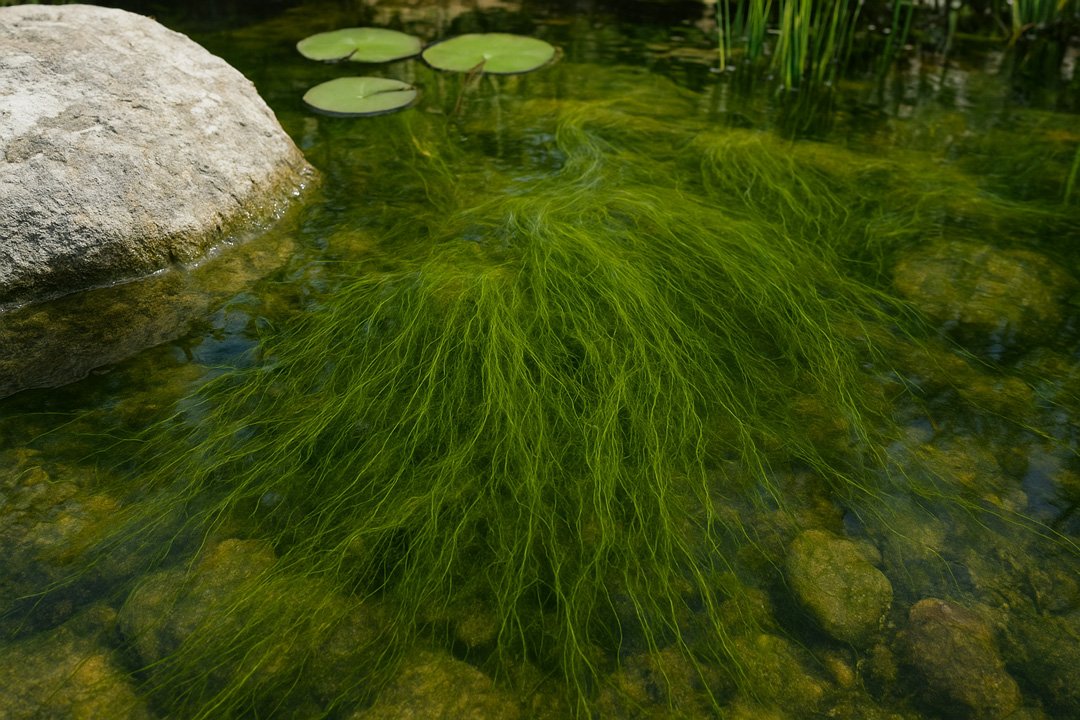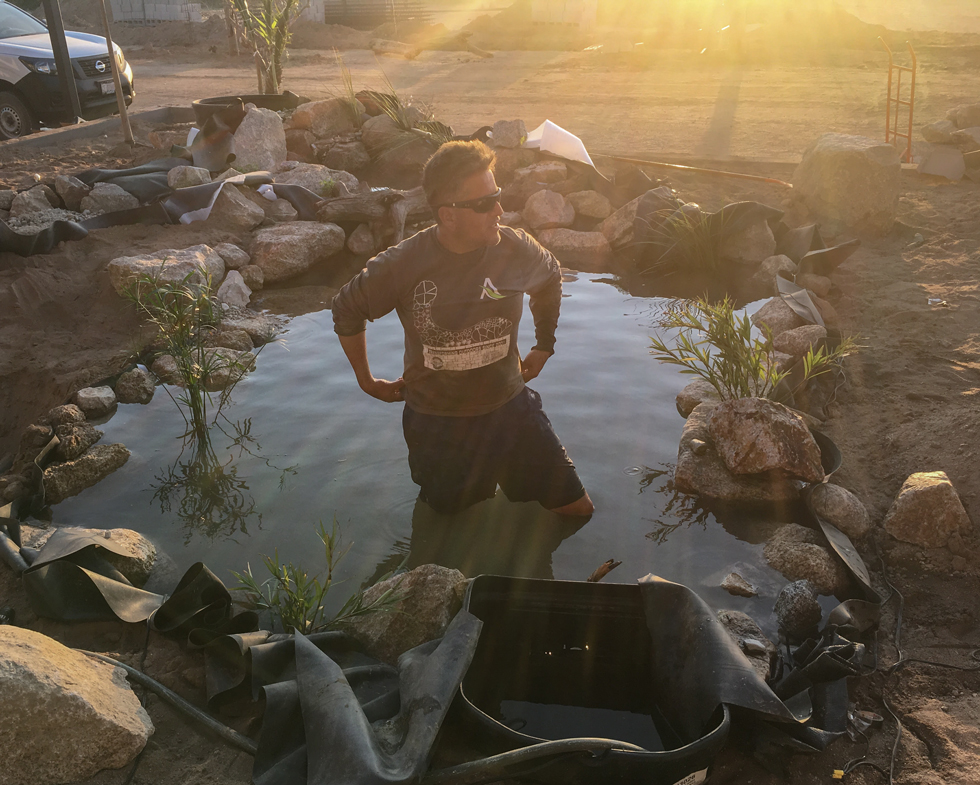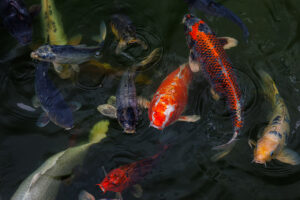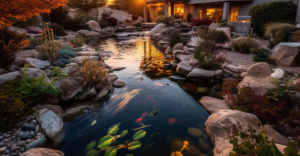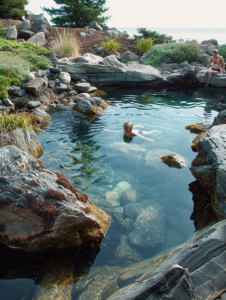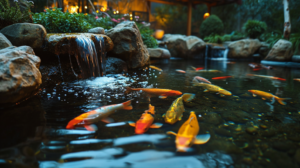If you own a backyard pond in the Bay Area, chances are you’ve seen string algae — those long, green strands that cling to rocks and drift in the current. While many pond owners see it as a nuisance, string algae are actually part of a healthy, living pond system.
The real challenge is knowing when algae are beneficial, when they’ve crossed the line into overgrowth, and how to control them without chemicals that harm your pond’s ecosystem.
Why Does String Algae Grow in Ponds?
String algae thrive in environments rich in sunlight and nutrients such as fish waste, uneaten food, or decaying leaves. A small amount is natural and even beneficial — helping to absorb excess nutrients, oxygenate the water, and provide shelter for microorganisms.
When it spreads unchecked, however, it can clog filters, cover waterfalls, compete with pond plants, and reduce oxygen levels. That’s when it’s time for management.
What We Recommend From Real Pond Experience
At Aquascape Creations, we don’t just talk theory — we see ponds every day. Based on the many water features we design, build, and maintain across the Bay Area, here are the solutions we’ve found to work best:
1. Physical Removal
Using a pond net or brush to scoop out string algae is a quick, low-cost way to improve water clarity and reduce nutrient levels.
2. Boost Beneficial Bacteria
We regularly dose ponds with beneficial bacteria because it reliably breaks down waste before algae can use it as fuel. It’s one of the most effective long-term strategies.
3. Spot Treatments in Waterfalls or Streams
For areas where algae are stubborn, we recommend contact granular treatments. These work fast but should be used sparingly and never across the entire pond.
4. Install an IonGen System
We’ve had great success with IonGen Systems on customer ponds. They release a steady stream of copper ions that stop algae from thriving, especially in areas that are tough to reach by hand.
Strengthening the Pond Ecosystem
From servicing ponds year after year, we know the healthiest, clearest ponds are those with a strong ecosystem. To tip the balance against algae, we recommend:
-
Planting generously: Lilies, marginals, and floating plants shade the water and consume nutrients algae would otherwise use.
-
Using the right gravel size: Small gravel on the bottom allows koi and goldfish to disturb algae as they forage.
-
Letting fish graze naturally: We’ve seen countless ponds where koi happily keep algae in check between feedings.
Seasonal Algae Cycles We See in the Bay Area
Most of our customers notice string algae in early spring. That’s because water warms faster than the biological filters can restart. With patience — plus some manual cleanup and bacteria dosing — ponds typically balance out as the season progresses.
Be Cautious With Chemicals
We’ve taken over ponds where chemical algaecides were used too often, and the result is almost always the same: dependency, poor water quality, and stressed fish. If chemicals are ever used, it’s critical to remove the dead algae afterward to prevent oxygen crashes.
Final Word: Balance, Not Perfection
From our direct experience maintaining ponds across Livermore, Danville, Walnut Creek, and the greater Bay Area, we can tell you this:
-
A little algae is natural and even healthy.
-
Overgrowth should be addressed thoughtfully, not aggressively.
-
Building a strong, balanced ecosystem always outperforms quick fixes.
At Aquascape Creations, we design, build, and maintain ponds that thrive naturally — with beauty, balance, and minimal intervention. If your pond is struggling with string algae, our team can guide you to long-term solutions that keep your water feature clear and healthy.

